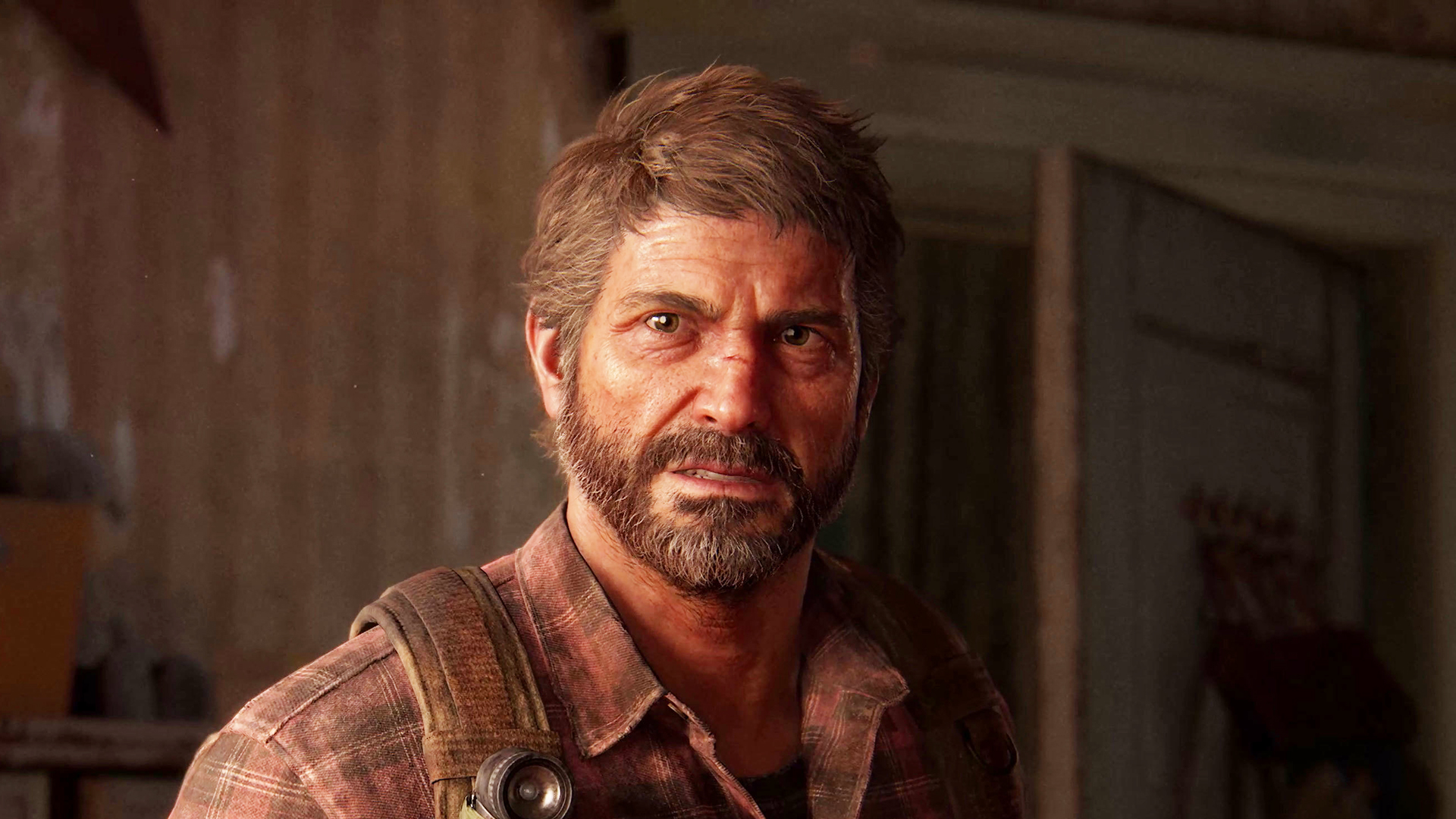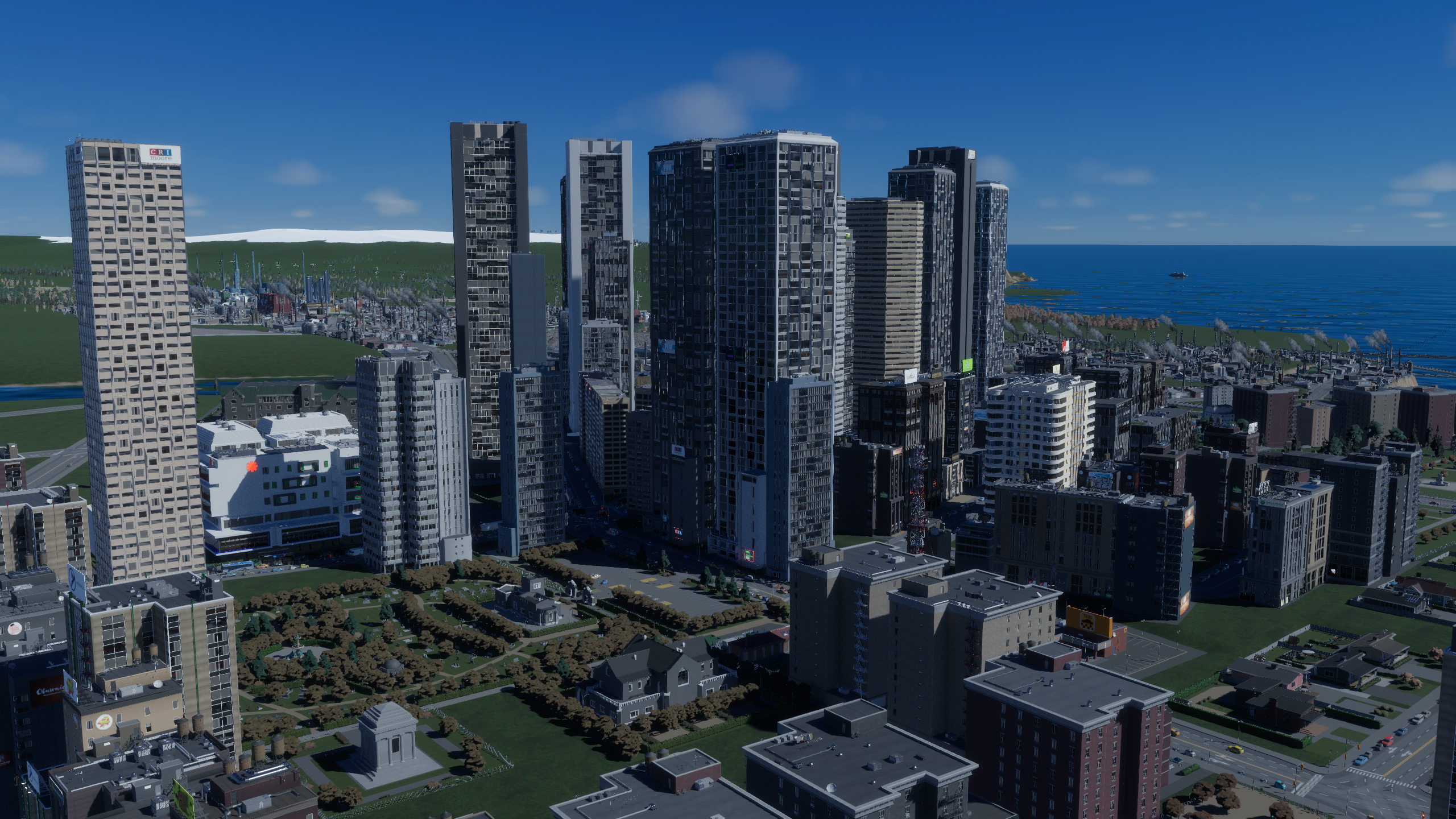In an amazing year for PC gaming, too many games launched with major issues
As the PC ports increase, so do the performance issues.

It's the end of an outstanding year for PC gamers. Almost every major game release made its way into our corner at the same time as everywhere else. I didn't have to listen to my console-playing friends gloat about Armored Core 6. I could jump into a mech and get nuked by a helicopter in the first hour right alongside them. And we were given a monumental gift with Baldur's Gate 3, an RPG of staggering complexity that everyone is enjoying, but especially us.
It wasn't, however, an outstanding year for PC gamers trying to play new games at launch. In fact, the amount of major releases with frustrating performance problems was particularly egregious this year. Several games launched in nearly unplayable states and had to get patched back together, leaving many people with 80GB paper weights until everything was sorted out.
One of the worst among those games was The Last of Us Part 1. The post-apocalyptic shooter ran at a lower frame rate than the HBO show for many players, and that was when it wasn't crashing or transforming its main cast into fuzzy abominations. Sony has committed to releasing more PC ports after doubling sales in the category that includes them last year, but we might have to start praying we get more God of War-style releases than The Last of Us Part 1s.
It's 2023 and PC gaming is easier than ever to get into, whether you buy a prebuilt rig, build one yourself, or pick up something like a Steam Deck. There's no reason it should be this hard to buy a game you've been waiting for that works on day one. We've reached the point where developers are warning us of performance issues before the game is even out. If this year has proved anything, it's that developers need to be given more time to figure out PC releases so players aren't left sorting through the mess.
Here's a refresher on the big games that sputtered out on launch day:
- In January, Forspoken crushed low-end PCs with frame rate drops and stuttering.
- In February, Hogwarts Legacy suffered shader stutters and frame rate drops for many players. Wild Hearts made stable frame rates harder to tackle than its own monsters
- In March, Wo Long: Fallen Dynasty drowned in frame rate drops, stuttering, and unplayable mouse and keyboard controls. The Last of Us Part 1 was bit by shader stutters, crashes, and horrific graphical glitches. Redfall mostly escaped shader stutters and frame rate drops, but was still plagued with bugs on release.
- In April, Star Wars Jedi: Survivor force-choked everyone's PCs with shader stutters and frame rate drops so bad that EA kind of apologized.
- In October, Cities: Skylines 2 had a storm of stutters and frame rate drops that hasn't fully let up two months from its release. Metal Gear Solid Master Collection set off alarms with its disappointing lack of basic options, like switching from full screen to windowed, and straight up inaccessible modes.

The pattern is obvious here: frame rate drops and stuttering (likely from shader compiling) are ruining PC launches. PCs come in many different shapes and sizes, so some inconsistency among different hardware configurations is to be expected. But shader problems, for example, can be reduced with certain engines like Unreal Engine 4. As Hi-Fi Rush lead graphics programmer Kosuke Tanaka told PC Gamer earlier this year, UE4 developers can tell your graphics card to do the heavy lifting that causes stuttering before you're playing the game. The tradeoff is a loading screen for shader compilation when you boot up a new game, but I'd gladly take that over the stop-motion nightmares we have now.
Developers need to be given more time to figure out PC releases so players aren't left sorting through the mess.
Unreal Engine 4 is only one game engine in a sea of them though, and many developers are not in a position to decide how much time and resources are allotted to making sure the PC version goes smoothly on launch. That's a problem for the people above them who could decide, as PC Gamer's Wes Fenlon wrote in May, to delay or beta test games so that they actually work when you pay for them.
PC gaming is already an expensive hobby with fluctuating barriers to entry based on hardware prices and availability. Graphics card prices are much higher than they ever were before and the best version of budget-friendly features like Nvidia's AI-powered rendering tech DLSS are locked behind the latest (and most expensive) options. Frame rate drops and stuttering disproportionately hurt people playing on low-spec PCs because they don't have the performance overhead to tame the worst issues. You shouldn't have to have an RTX 4070 to play games that ostensibly have much lower requirements.
This year we were showered in fantastic PC games, including some of the ones with troubled releases. But the growing risk of day one performance issues hurts everyone involved and, in some cases, can unfairly punish the developers who don't get to decide when their game launches. The bar can't keep getting lower. We have tons of stellar-looking PC games to coming next year and even more after that. Everyone should be able to enjoy those first few hours in a game they've been waiting months or years for without bugs and performance issues standing in their way.
Keep up to date with the most important stories and the best deals, as picked by the PC Gamer team.
Tyler has covered videogames and PC hardware for 15 years. He regularly spends time playing and reporting on games like Diablo 4, Elden Ring, Overwatch 2, and Final Fantasy 14. While his specialty is in action RPGs and MMOs, he's driven to cover all sorts of games whether they're broken, beautiful, or bizarre.

